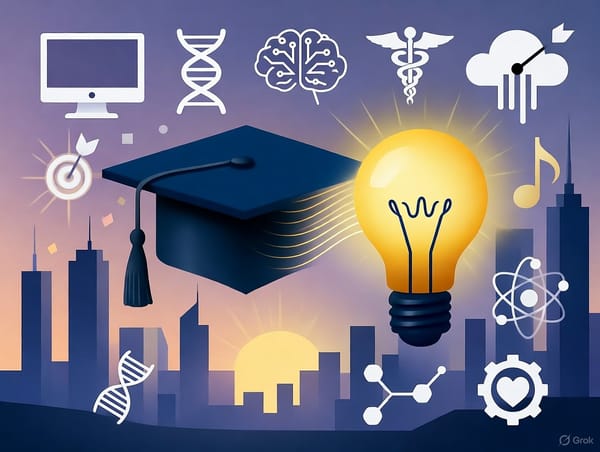Technology
Technology, from ancient tools to AI, drives human evolution by enhancing our capabilities, reshaping our biology, and redefining our future.

Technology has been humanity’s most powerful tool, shaping our societies, economies, and even our biology. From the invention of the wheel to the rise of artificial intelligence, technology has not only transformed how we live but also who we are as a species. This blog explores the essence of technology, its critical importance, and how it propels human evolution forward.
What is Technology?
At its core, technology is the application of knowledge to solve problems or enhance capabilities. It encompasses tools, systems, and processes—everything from stone tools used by early humans to quantum computers powering modern innovation. Technology is an extension of human ingenuity, amplifying our ability to interact with the world.
Why is Technology Important?
Solving Complex Problems
Technology addresses challenges that define human existence. Agricultural tools boosted food production, enabling settled societies. Medical advancements, like vaccines and CRISPR, have extended lifespans and tackled genetic diseases. Today, AI and renewable energy technologies are critical in combating climate change and optimizing global systems.
Enhancing Connectivity
The internet and mobile devices have created a global village, fostering collaboration and knowledge-sharing. Social platforms, despite their flaws, democratize communication, while technologies like 5G and satellite internet (e.g., Starlink) bridge digital divides, empowering remote communities.
Driving Economic Growth
Technology fuels productivity and innovation. The Industrial Revolution mechanized labor, and the digital revolution automated processes, creating wealth and new industries. In 2024, the global tech market was valued at over $5 trillion, with AI and cloud computing leading growth, underscoring technology’s economic impact.
Expanding Human Potential
From eyeglasses to exoskeletons, technology augments our physical and cognitive abilities. Neural interfaces, like those being developed by Neuralink, promise to merge human intelligence with machines, potentially revolutionizing how we think and learn.
Technology as a Driver of Human Evolution
Human evolution is no longer just biological—it’s technological. Here’s how technology shapes our trajectory:
Biological Evolution
Technology influences our genetic makeup. Medical interventions, such as in-vitro fertilization and gene editing, allow us to bypass natural selection’s constraints. Meanwhile, our reliance on tools has shaped our physiology—smaller jaws from cooked food or larger brains from complex problem-solving.
Cultural and Social Evolution
Technology accelerates cultural progress. The printing press spread literacy, and the internet democratized knowledge, fostering global ideologies. Social media platforms, for instance, shape collective behaviors and values, often faster than traditional institutions can adapt.
Cognitive Evolution
Tools like writing systems externalized memory, while AI assistants, such as Grok, enhance decision-making. As we integrate with technology—through wearables or brain-computer interfaces—our cognitive capacities evolve, potentially leading to a “transhuman” future where humans and machines are indistinguishable.
Environmental Adaptation
Technology enables us to thrive in hostile environments. From clothing to space habitats, we’ve engineered solutions to survive where biology alone would fail. Projects like Mars colonization, driven by SpaceX, push the boundaries of what it means to be human in extraterrestrial contexts.
Challenges and Responsibilities
While technology drives progress, it also poses risks. Automation displaces jobs, AI raises ethical dilemmas, and digital addiction fragments attention. The rapid pace of innovation can exacerbate inequality or destabilize societies if not managed responsibly. As stewards of technology, we must prioritize ethical frameworks, equitable access, and sustainable development to ensure it serves humanity’s collective good.
Conclusion
Technology is more than a collection of tools—it’s the engine of human evolution. It solves problems, connects us, and expands our potential, reshaping our biology, culture, and cognition. As we stand on the cusp of breakthroughs like AI singularity or interplanetary travel, the trajectory of our species depends on how we wield this power. By embracing technology with foresight and responsibility, we can chart a future that elevates humanity to new heights.





